Latest Posts
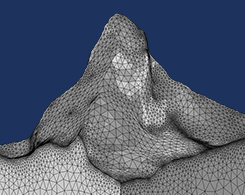
How to Build Geometries from Elevation Data to Model Irregular Shapes
Say you want to build an irregular geometry of a mountain. You can do so by creating a surface of an irregular shape based on elevation data stored formats such as text, image, or DEM files.

Keynote Video: Using COMSOL Server™ for Product Development
Watch an engineer in the materials science industry discuss the use of simulation applications and COMSOL Server™ to accelerate and optimize his company’s product development workflow.
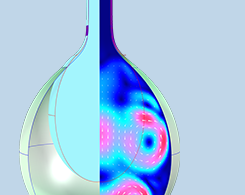
How to Model Fluid-Structure Interaction in a Water Balloon
They’re not just for playing games in the backyard: Water balloons are also an example of fluid–structure interaction in a nonlinear elastic material. Learn how to model this effect…
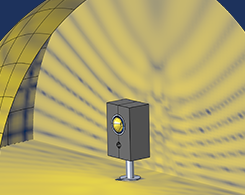
Introducing COMSOL® Software Version 5.3a
COMSOL Multiphysics® and COMSOL Server™ version 5.3a include updates to both the core functionality and add-on modules, including the Cividis color table and extended copy-paste capabilities.
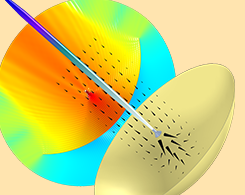
The Internet of Space Takes Off with Advanced Antenna Designs
You’ve heard of the Internet of Things, but what about the Internet of Space, which change how we share information and communicate worldwide. A key aspect of this concept: antenna designs.
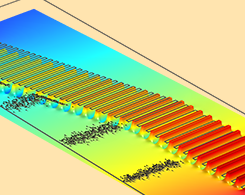
Analyzing an Electrodynamic Ion Funnel with COMSOL Multiphysics®
Quadrupole mass filters and ion mobility spectrometers are used to detect explosives, study complex biological molecules, and more. Ion funnels are an important component of these devices.
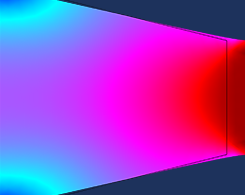
What Happens If I Use 2 Different Unit Systems in 1 Simulation?
Using 2 different unit systems for 1 project has led to historical disasters. Fortunately, you can use different unit systems in your simulation without issues by using the COMSOL® software.
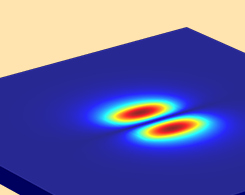
How to Model Optical Anisotropic Media with COMSOL Multiphysics®
Erasmus Bartholinus first observed the optical effect of birefringence in 1669. Today, you can observe this effect with a specialized modeling approach for optical anisotropic media.



